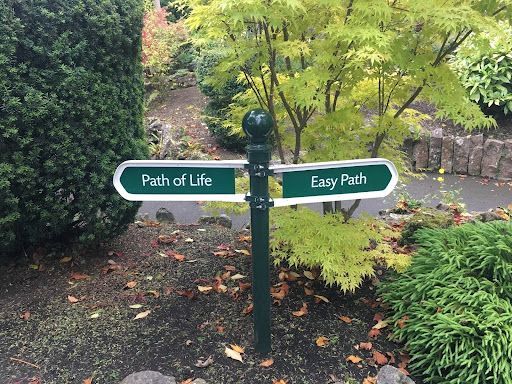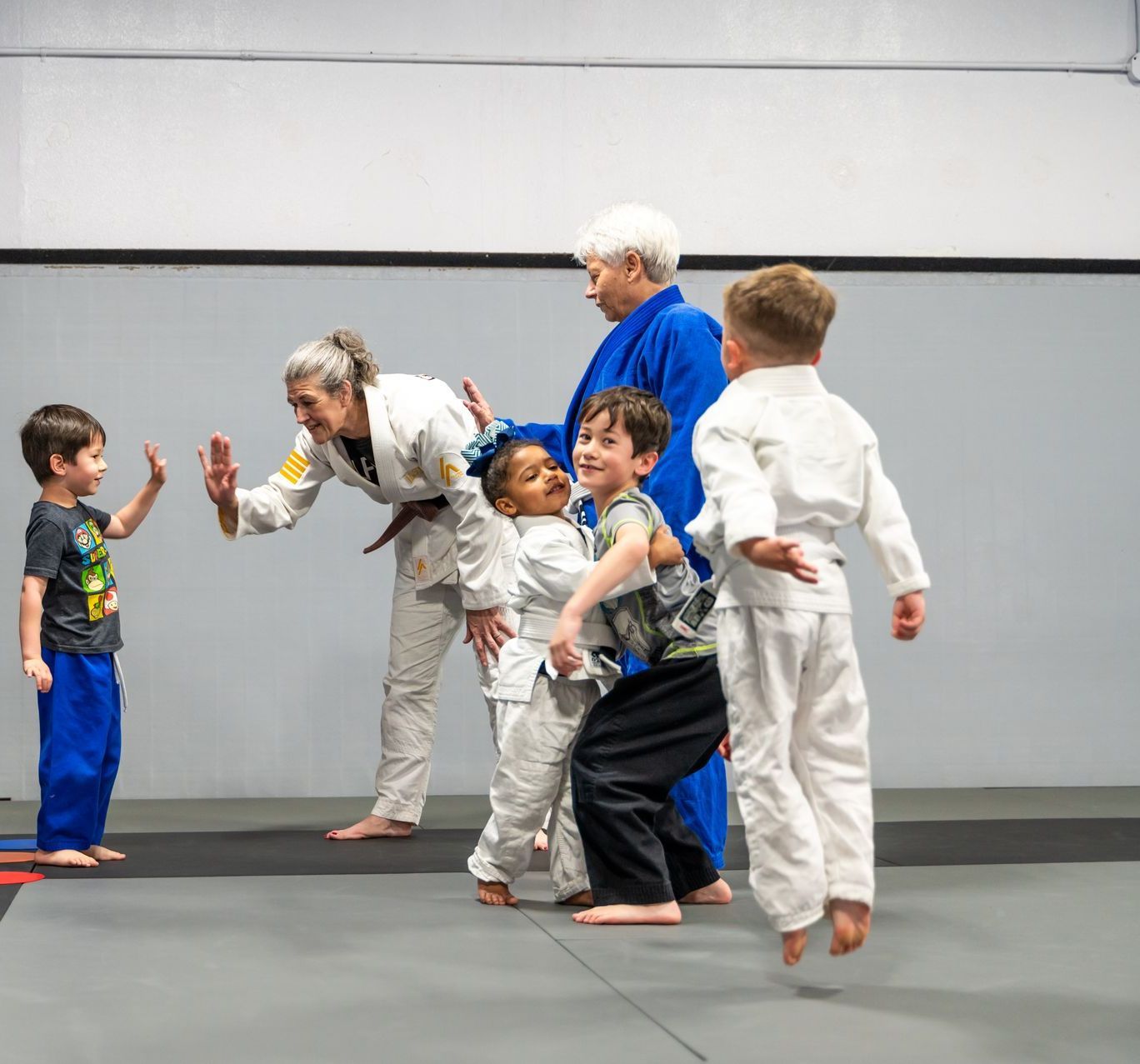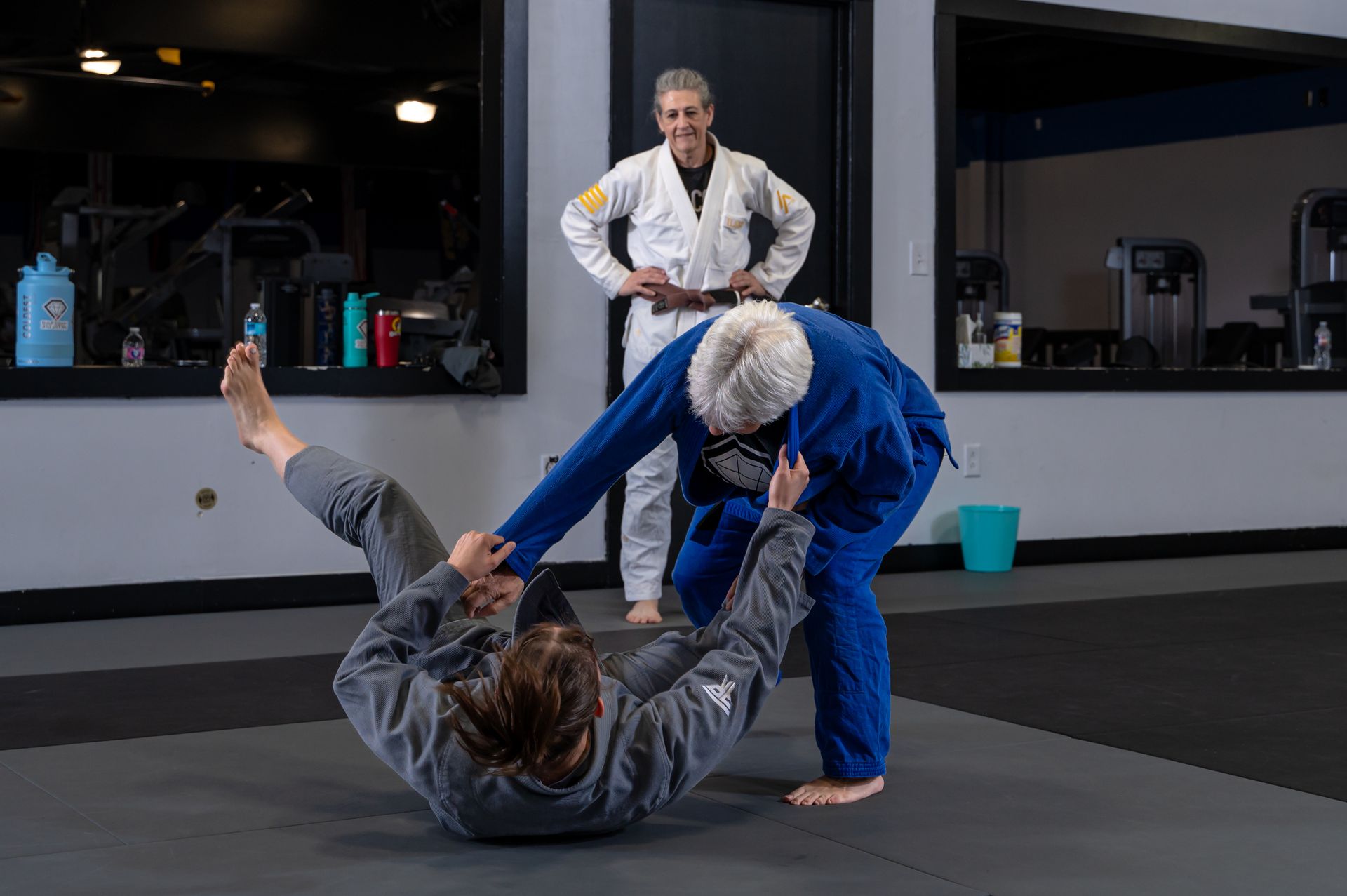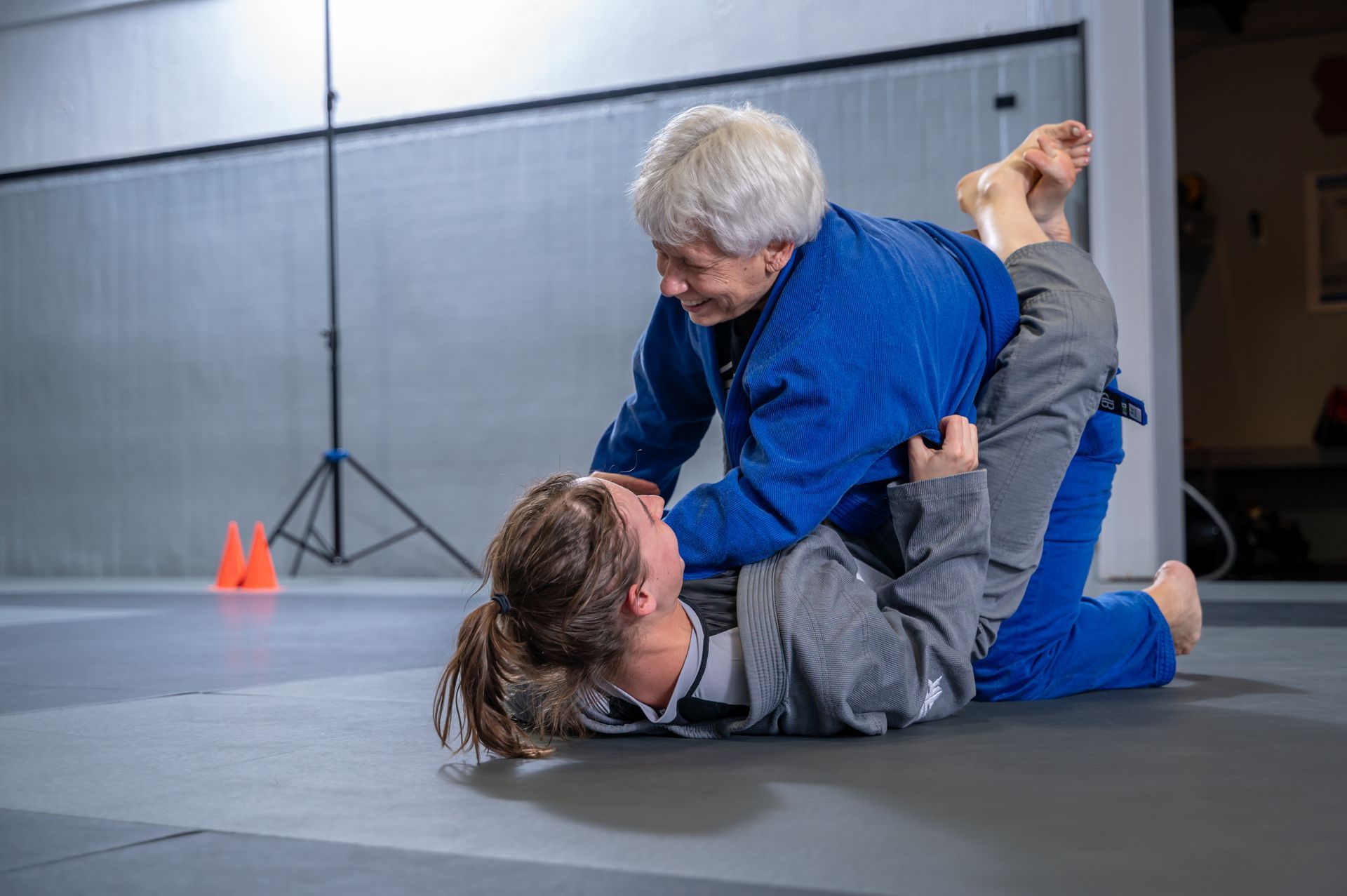How Jiu Jitsu Helps with Anxiety and Depression
Backed by Science and Real-World Results
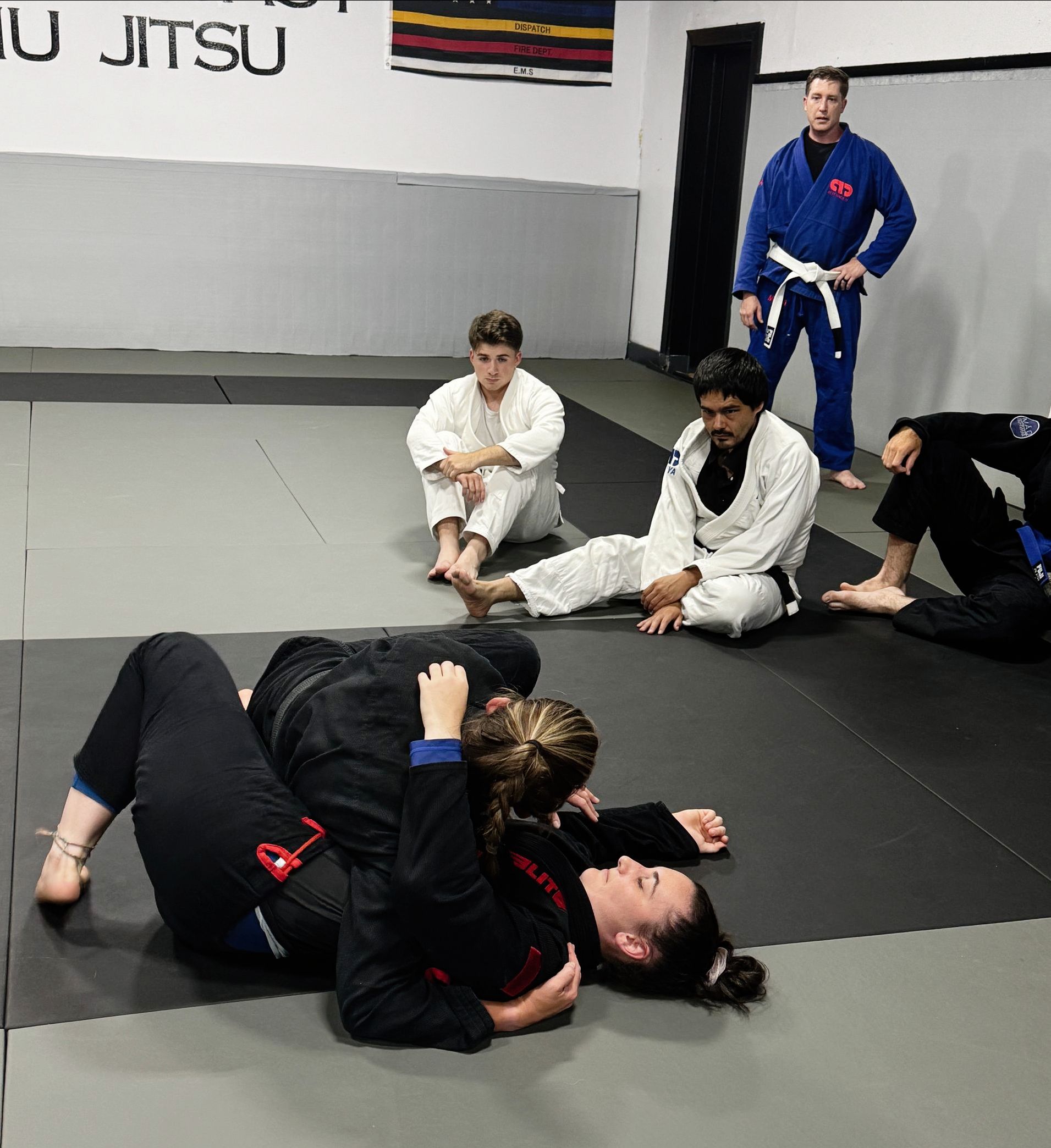
In today’s fast-paced world, mental health struggles like anxiety and depression are more common than ever. According to the World Health Organization, more than 280 million people worldwide suffer from depression, and anxiety disorders affect over 301 million. While therapy and medication remain essential tools for many, a growing number of people are finding healing and hope through something unexpected—Brazilian Jiu Jitsu (BJJ).
A Proven Mental Health Booster
Research continues to show that physical activity is one of the most effective ways to support mental health. But Jiu Jitsu offers more than just exercise—it offers structure, community, and empowerment, all of which are crucial for emotional well-being.
A 2020 study published in Frontiers in Psychology found that martial arts training significantly improved mental well-being, particularly reducing symptoms of anxiety and depression. Participants who practiced martial arts regularly showed higher levels of self-esteem and lower levels of psychological distress.
Another study in the Journal of Psychiatric Research (2019) highlighted that combative sports like BJJ were especially effective because they engage both the body and the mind, promoting mindfulness, stress relief, and emotional resilience.
Why Jiu Jitsu Works for the Mind
- Mindfulness in Motion
- Jiu Jitsu demands full mental focus. When you’re rolling, you’re not thinking about your inbox, your bills, or your problems. This intense concentration is a form of active mindfulness, which is known to reduce symptoms of anxiety.
- Empowerment and Confidence
- One of the most crippling effects of depression is the sense of helplessness. BJJ restores a sense of control. Learning to defend yourself, mastering techniques, and overcoming physical challenges gives a deep sense of personal empowerment.
- Physical Release of Stress
- Exercise releases endorphins—your brain’s natural mood lifters. According to the Mayo Clinic, regular physical activity can ease symptoms of depression and anxiety almost as effectively as medication in some cases. Jiu Jitsu provides this benefit, but with the added bonus of skill development and accomplishment.
- Supportive Community
- Loneliness is a major contributor to mental health issues. At Gulf Coast Jiu Jitsu, and gyms like it around the world, you’ll find a family—not just training partners. The camaraderie and encouragement you experience on the mat translate into a powerful support network off the mat.
- Routine and Purpose
- Having something to look forward to—a class, a goal, a belt test—helps create structure and meaning. Consistent training builds positive habits and anchors you during seasons of emotional instability.
Real People, Real Results
Many of our own students at Gulf Coast Jiu Jitsu have shared how training has changed their lives:
“I came in broken. I was struggling with depression and had a hard time getting out of bed some days. Jiu Jitsu gave me something to fight for again. It gave me people who care.” – Anonymous Student Testimony
The First Step is the Hardest—But It’s Worth It
No martial art can cure anxiety or depression overnight. But Jiu Jitsu offers a powerful tool to help you manage, cope, and even overcome. It’s more than self-defense—it’s self-discovery.
If you or someone you love is struggling with mental health, consider stepping onto the mat. You’re not alone—and you don’t have to fight alone.
Sources:
- World Health Organization. (2023). Mental health statistics.
- Frontiers in Psychology, 2020. Effects of Martial Arts on Mental Health
- Journal of Psychiatric Research, 2019. Combative Sports and Psychological Wellbeing
- Mayo Clinic. Exercise and Depression
Ready to take the first step?
Join us for a class at Gulf Coast Jiu Jitsu and see what Jiu Jitsu can do for your mind, body, and soul.
